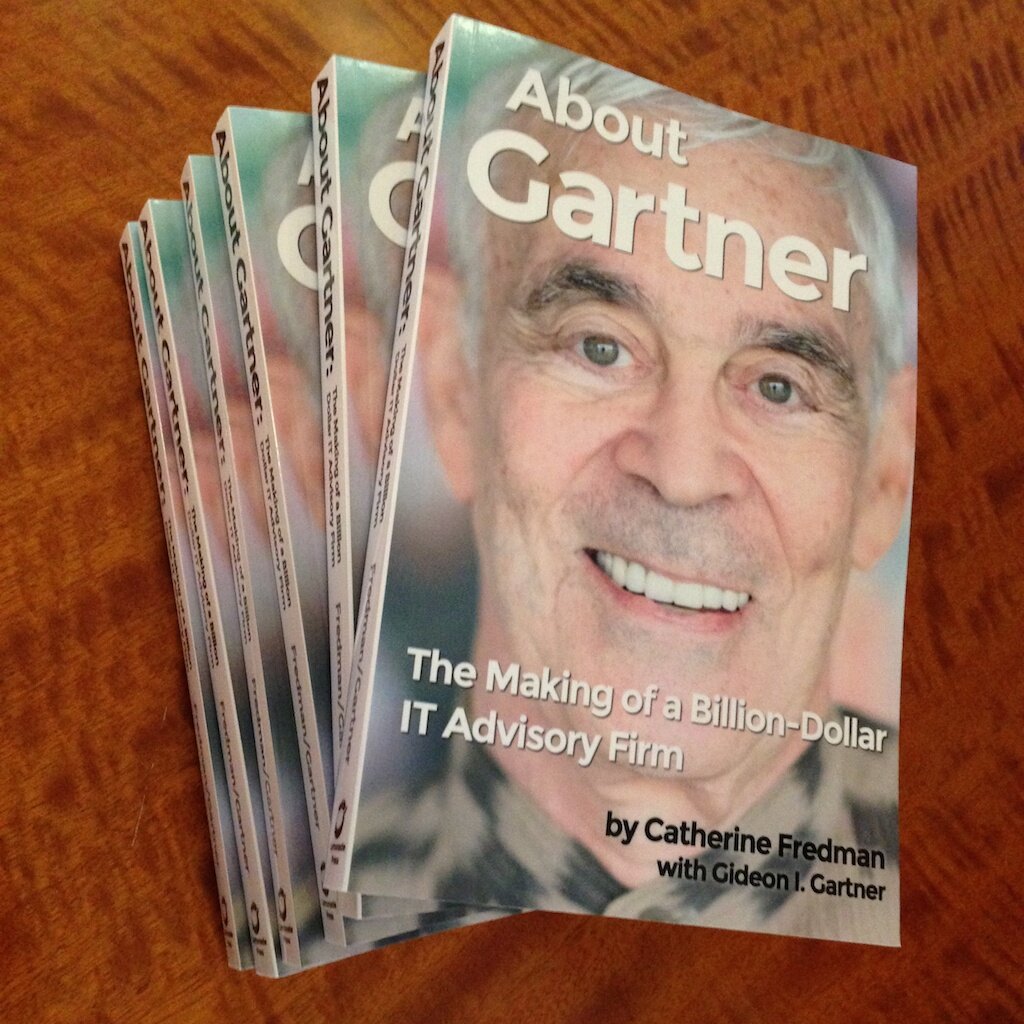Posted on Jul 7, 2010 in Entrepreneurism | 8 comments

Last year, MIT Sloan School of Management published a study performed by Professor and head of MIT’s Entrepreneurship program Ed Roberts (David Sarnoff Professor of Management of Technology, Founder/Chair, MIT Entrepreneurship Center), and Professor Charles Eesley (Assistant Professor in the Entrepreneurship Group at Stanford University). The study demonstrates MIT’s entrepreneurial...
read more
Posted on May 20, 2010 in Books, Entrepreneurism | 11 comments
For those interested in the eminently readable combination of innovation and how to exploit it, combined with lots of adventure, I heartily recommend reading his book (available on Amazon, search on “Connecting The Dots”).
read more
Posted on Apr 1, 2010 in Entrepreneurism | 26 comments

I played chess as a child; my father introduced me to the game (and I suggest all fathers follow suit). I managed to make the chess team at Midwood High and barely at MIT. Might the experience then, and subsequently, have influenced my lifetime entrepreneurship skills? I think so, and since the competition for making school chess teams is not that insurmountable, fathers might do well in...
read more
Lessons from MIT Creativity Course, 1956
Posted on Mar 23, 2010 in Entrepreneurism | 4 comments
The MIT "Creativity" course was clearly designed to push us beyond the framework of standard thinking, and it’s quite possible that it had significant influence on my analytic processes.
read more
Innovating via “Process”
Posted on Mar 22, 2010 in Entrepreneurism, Innovation | 1 comment
Reading abundantly often suggests innovative ideas which are appropriate to one’s firm. Two public sources which I had read and was influenced by were the book “The Tao Jones Averages: A Guide to Whole-Brained Investing” by Bennet Goodspeed, and various reports promoting the concept of Strategic Intelligence Systems (SIS) — specifically the article written by David B....
read more
Was Saatchi & Saatchi One of the Great Entrepreneurial Firms?
Posted on Mar 11, 2010 in Entrepreneurism | 7 comments
“Charles and Maurice would tell the prospective sellers anything they wanted to hear, and invent an ideal version of what life would be like after the deal was signed. After that, they’d just do whatever the hell they wanted.”
read more
Entrepreneurial Case Study From My Wall Street Days
Posted on Mar 3, 2010 in Entrepreneurism | 26 comments
There could be no logical basis for thinking I would be successful on Wall Street. I had no financial experience whatsoever, and was hired by E.F. Hutton because of my IBM experience where I analyzed IBM’s competition. I was lucky that soon after I was hired, IBM announced its Copier 1, and people wondered whether this might impact Xerox, one of the “nifty fifty”, the name for...
read more








